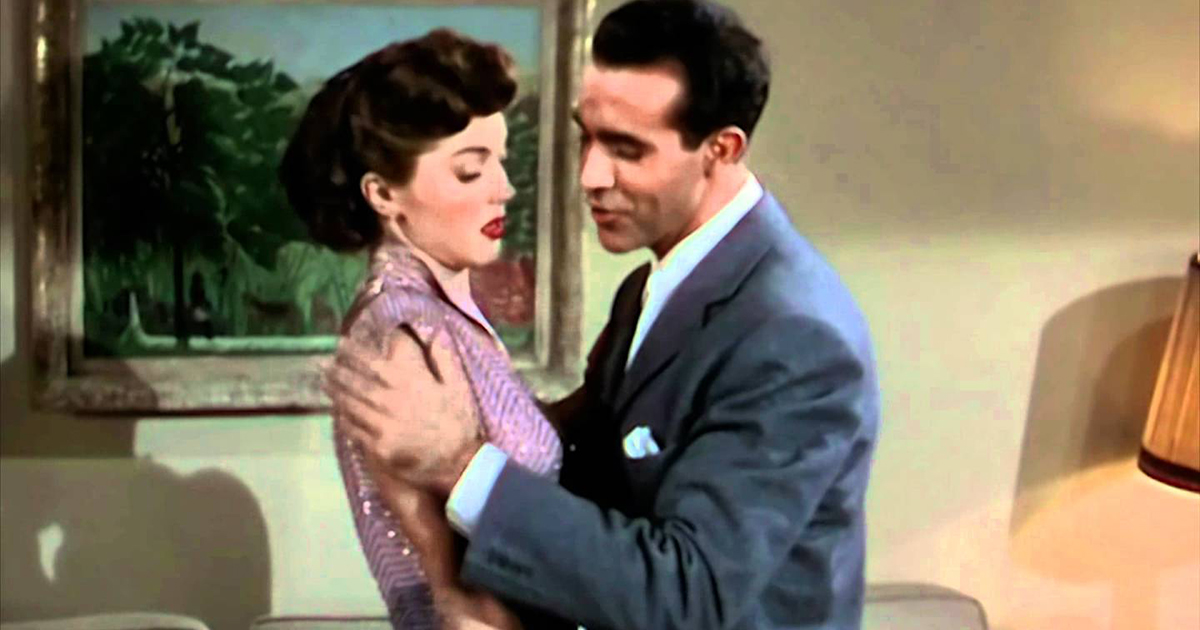
Once December rolls around each year, I dive headlong into listening to holiday music. Classic songs bring back warm holiday memories from years past, and I find myself singing along as I’m decorating, wrapping gifts, or driving to visit family and friends.
Every year, though, one song gives me pause – “Baby, It’s Cold Outside.” There are countless different versions and covers of the song, but the gist is always the same: a duet where one person wants to leave a party, while the other spends the whole song convincing them to stay.
"The Answer is No"
This song can be uncomfortable for a number of reasons. For starters, it’s often sung by a man and a woman, with the woman saying multiple times that she should go and the man imposing on her to stay with him. (To make matters worse, the male part is often referred to as “wolf” and the female part as “mouse.”) This dynamic is unfortunately all too recognizable, and the predatory tactics employed by the man are often seen in situations of sexual assault or harassment.
For example:
I ought to say, no, no, no, sir (Mind if I move in closer?)
At least I'm gonna say that I tried (What's the sense in hurtin' my pride?)
For anyone who has experienced sexual harassment or assault – woman or man – the domineering and pushy tone of the man’s part can bring back triggering memories. He doesn't listen to her, prioritizes his desires over hers, and even though she tells him point-blank, "The answer is no," he keeps trying to persuade her to change her mind. Hearing this kind of unhealthy interaction sung in a jolly, cheery way during what’s generally thought of as a happy season can be rather dissonant.
Then and Now
There has been a rich conversation about this song in recent years, and several bloggers have pointed out that the historical context of the song is often overlooked. Considering the lack of women’s sexual agency during the time the song was written (the 1940s), the song seems to push back against the societal expectation that women should remain "chaste" and "demure," automatically rejecting men’s advances despite their actual desires. But whether or not she really wants to stay, the woman's words should be taken at face value. Someone imposing their desires on someone else and not taking "no" for an answer is wrong, no matter the time period.
While this historical element adds a layer of complexity to our understanding of “Baby, It’s Cold Outside,” historical context only goes so far. The song has lasted in our popular culture for years, and it has a different tone and perception now. For example, while the women’s line, "Say, what's in this drink?" may have been a popular joke of the time period, in today's context, it’s impossible to separate it from the countless cases where drugs or alcohol are strategically used by a perpetrator to facilitate sexual assault -- think of Bill Cosby, Brock Turner, Kevin Spacey, and many others.
The role for women was expanding in the 1940s, with Rosie the Riveter encouraging women to work, Wonder Woman's first introduction, and Eleanor Roosevelt working as a UN diplomat. But society was still leaps and bounds away from the more gender-equal world of today. For instance, in the 1940s, women couldn't apply for credit cards, refuse to have sex with their husbands (marital rape wouldn't be criminalized in all 50 states until 1993), report cases of sexual harassment in the workplace, or keep their jobs if they were pregnant.
While we all know there's still so much more work to do for true gender equality, we can all acknowledge that the world was a much different place for women in the 1940s. Just as many of the inequalities listed above seem backwards to a modern audience, so too do the lyrics of "Baby It's Cold Outside." Maybe it's time for the song to go by the wayside. After all, is nostalgia reason enough to keep something around that seems to celebrate and even poke fun at the implication of sexual assault?
